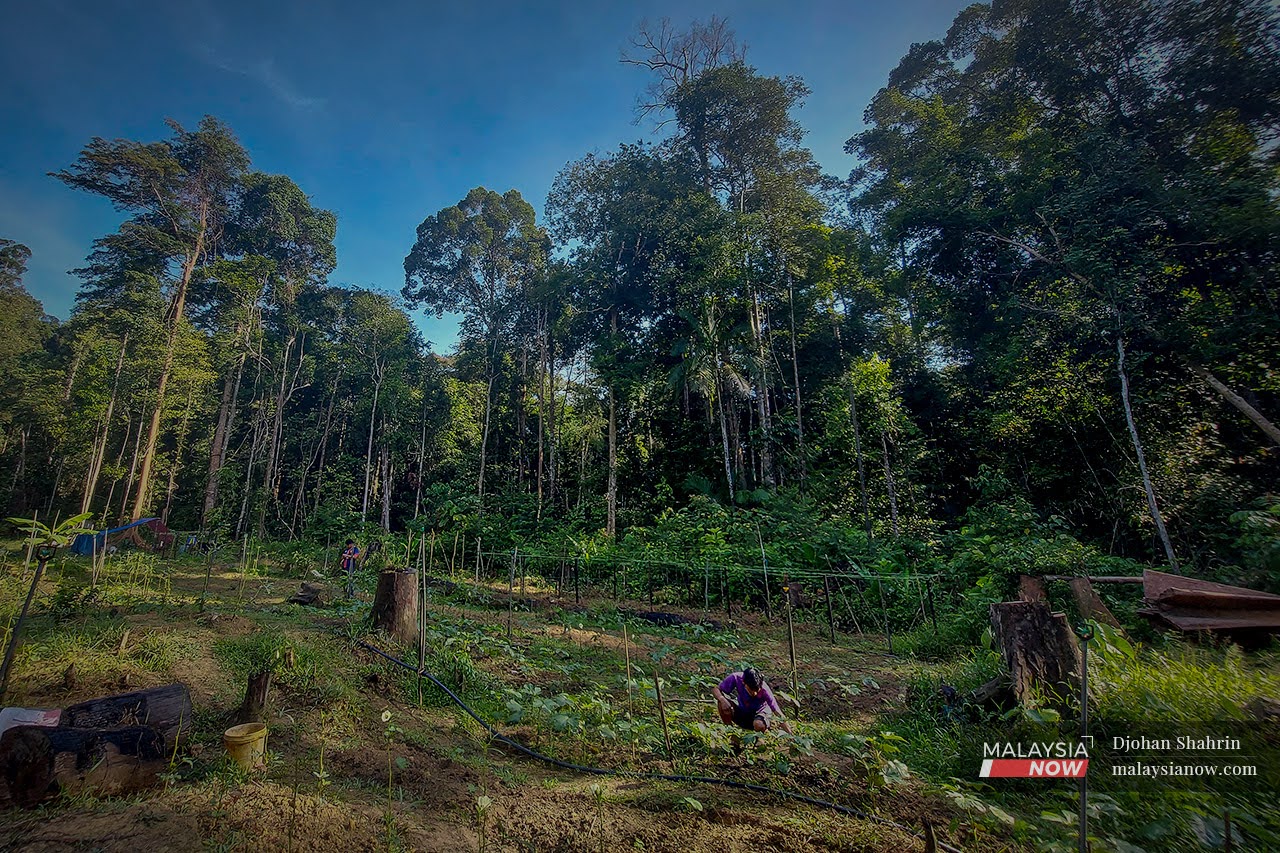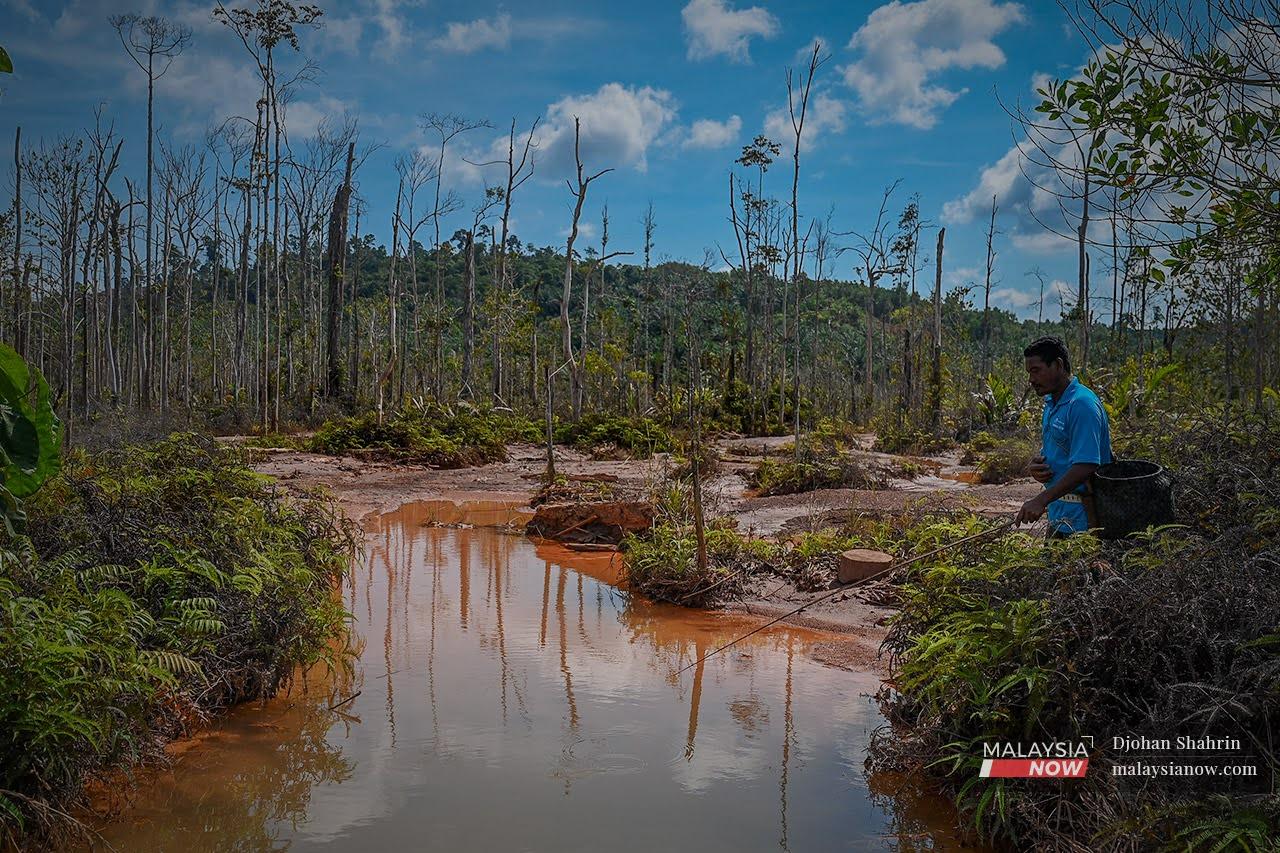Include us in Tasik Chini restoration efforts, say Orang Asli
They say they have lived in the area for generations.
Just In
The Orang Asli community at Tasik Chini has welcomed the efforts by the Pahang government to restore the lake through the establishment of a biodiversity corporation but says it should be a part of any such initiative.
The corporation was suggested by Menteri Besar Wan Rosdy Wan Ismail to boost efforts to restore the ecosystem at Tasik Chini which has been badly affected by mining and logging activities.
The state government has also set aside RM20 million for the restoration of the lake, in addition to making plans for the replanting of trees in the surrounding area.
But Orang Asli activist Hasam Ismail said the authorities should also heed the voice of the community which had lived at the lake for generations.
“Not many out there realise that the forest is like our supermarket and the lake is like our icebox,” he said.
“As it is, during this pandemic period, we feel very stressed about our quality of life – we can’t even depend on what we can produce from the earth.”

Tasik Chini, measuring some 5,000 hectares and located about 100km from Kuantan, was the first Unesco biosphere reserve site in the country.
Hasan said the Orang Asli’s fear was for their food and economic resources from the lake and forest which had become increasingly jeopardised due to mining and logging activities.
“I am asking the government, return the areas that were removed from the previous gazette to the way they used to be.
“We hope that our right here to continue our way of life, our right to the land, will not be denied,” he said.
Speaking to MalaysiaNow, Hasan said the mining and logging activities had spoiled not only the lake but other aspects of the community’s life as well.
“When they began mining, we couldn’t enter the area, not even just to pass through it to reach our destination.
“In the first place, the path in that area wasn’t made for the miners. It was our traditional trail for hunting and looking for herbs – but all that is gone now.
“When they laid claim to that area, our right was taken away from us,” he said.

Hasan said the mining venture had brought nothing good for the Orang Asli who were instead forced to suffer the consequences of the activities.
Meanwhile, environmentalist Laili Basir from the Hugs Project said the state government could no longer ignore the voice of the Orang Asli whom she said were a part of the lake’s ecosystem.
“Like it or not, they have to include the Orang Asli in that corporation,” she told MalaysiaNow.
“This would give the Orang Asli their right to speak up about the lake’s future and that of themselves.”
Apart from the Orang Asli, she said, other parties like the federal government, state government agencies, researchers, industry players and members of the royalty should also be included.
“Before this, their voices were not heard at all, and they had no way to make their stand.
“It is disappointing to see the Orang Asli reduced to mere spectators of everything that happens on their land,” she added.

Laili also said that restoration is a subjective matter that requires pressure and encouragement.
“Restoration efforts need to be monitored so that they continue. This corporation can help with this and keep them accountable to the people.
“The Orang Asli need to be involved,” she said. “Let them be the voice of constant pressure.”
Subscribe to our newsletter
To be updated with all the latest news and analyses daily.
